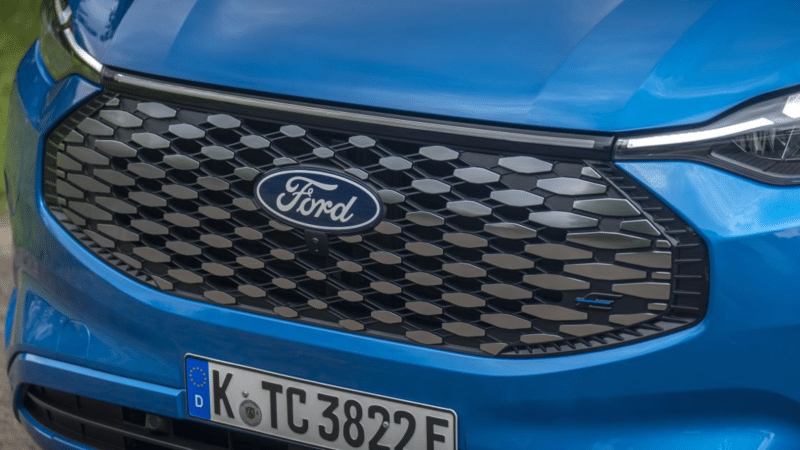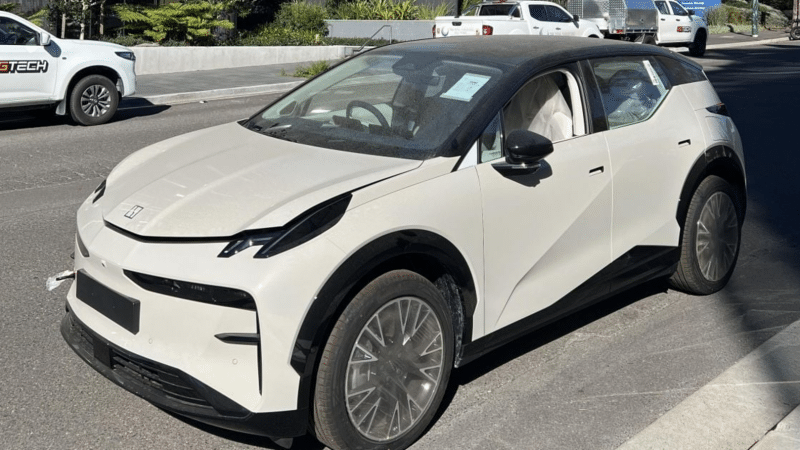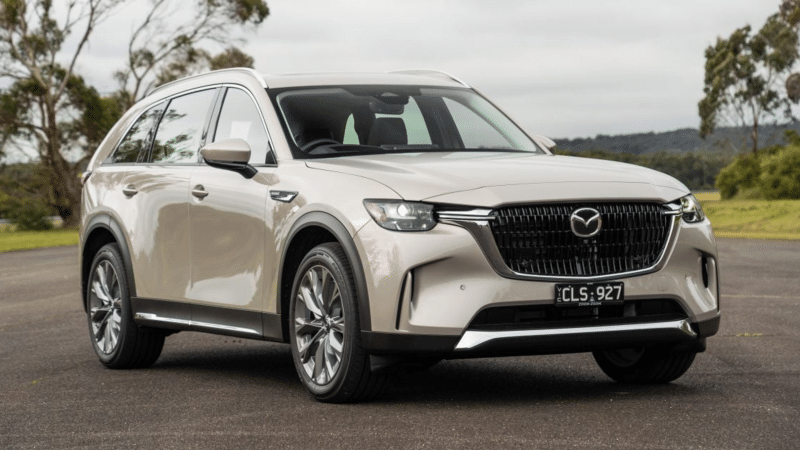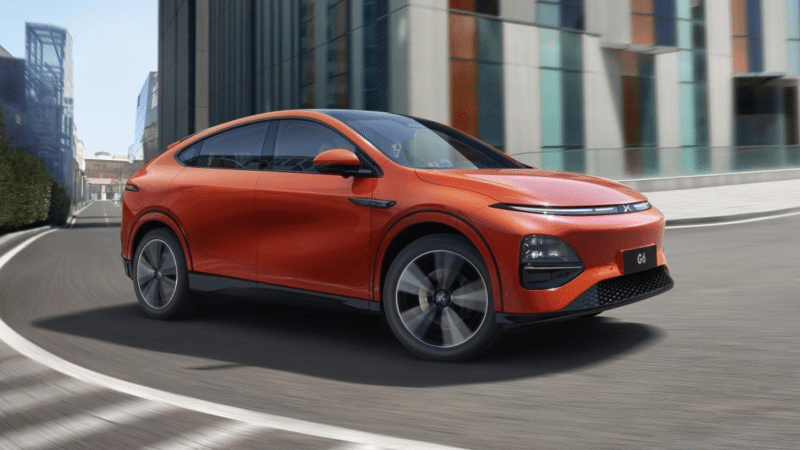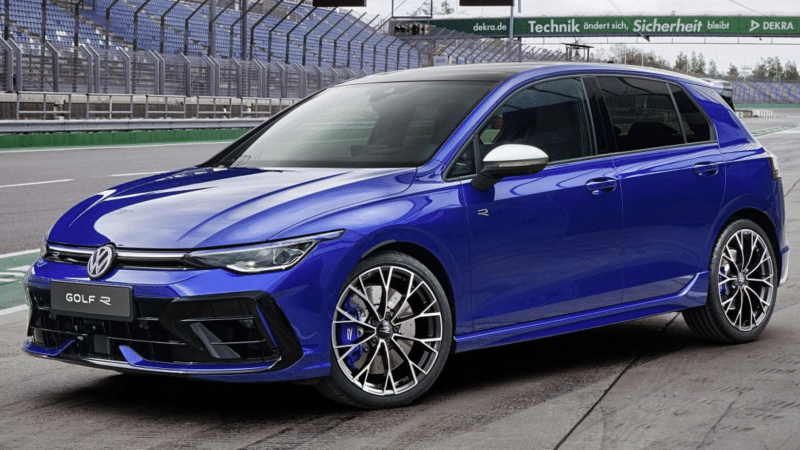European Parliament Passes New Emissions Regulations, Striking a Balance Between Environmental Goals and Manufacturer Interests

European Parliament Passes New Emissions Regulations, Striking a Balance Between Environmental Goals and Manufacturer Interests
How will Euro 7 emissions regulations impact the affordability of vehicles and the automotive industry’s shift towards electric-only lineups?
The European Parliament has recently approved new emissions regulations, which have been met with mixed reactions from carmakers. The regulations, known as Euro 7, aim to address environmental concerns while considering the affordability of vehicles and the automotive industry’s transition towards electric vehicles. Let’s take a closer look at what these regulations entail.

The European Parliament has passed new emissions regulations, known as Euro 7, with a focus on maintaining existing test conditions and emissions limits for passenger cars and vans. Despite pushback from carmakers, 297 votes in favor, 190 against, and 37 abstentions led to the adoption of these regulations.
Buses and trucks, on the other hand, will face stricter emissions limits under the same testing conditions. In addition, there are new regulations regarding brake particle emissions for cars and vans, as well as minimum performance requirements for battery durability in electric and hybrid vehicles.
To ensure compliance with the new regulations, tyres will be required to meet specific abrasion rates. Only tyres that meet these limits will receive approval for sale in the market.
Notably, all vehicles will be required to have an environmental vehicle passport (EVP), which serves as a digital overview of the vehicle’s environmental impact.
The implementation of these regulations will take place in stages. From July 2030, the Euro 7 regulations will apply to cars and vans, while buses and trucks will follow suit from July 2031. These regulations will require final formal approval from European Union member nations.
One European Parliament member, Alexandr Vondra, highlighted the importance of striking a balance between environmental goals and the interests of manufacturers. The aim is to ensure the affordability of smaller cars with internal combustion engines for domestic customers while facilitating the automotive industry’s transition towards a greener future.
Although Euro 7 is the latest set of emissions regulations, it is part of a series of increasingly stringent standards in Europe. The journey began with Euro 1 in 1992. Initially, the European Commission proposed even tougher standards under Euro 7, with a planned implementation date in mid-2025 for cars and mid-2027 for trucks and buses.
However, due to concerns raised by car manufacturers, the European Council decided in September 2023 to retain the current Euro 6 emissions rules for both petrol and diesel passenger cars and vans regarding the Euro 7 standard. This decision was made in response to the need to allocate resources towards the automotive industry’s push for electric vehicles by 2035.

- Euro 7 regulations retain Euro 6 test conditions and emissions limits for passenger cars and vans
- Stricter emissions limits apply to buses and trucks, along with brake particle emissions limits for cars and vans
- Battery durability requirements introduced for electric and hybrid cars
- Tyres must meet abrasion rates to be approved for sale
- All vehicles will require an environmental vehicle passport (EVP)
- Regulations to be implemented for cars, vans, buses, and trucks starting from July 2030
The Euro 7 emissions regulations represent a significant step in addressing environmental concerns while considering the interests of car manufacturers. These regulations retain existing emissions limits for passenger cars and vans, introduce stricter limits for buses and trucks, and implement new requirements for brake particles and battery durability. By mandating an environmental vehicle passport (EVP) and setting standards for tyres, these regulations aim to mitigate the environmental impact of vehicles. However, the implementation of Euro 7 will require final approval from European Union member nations. It remains to be seen how these regulations will shape the automotive industry’s transition towards a greener future.

